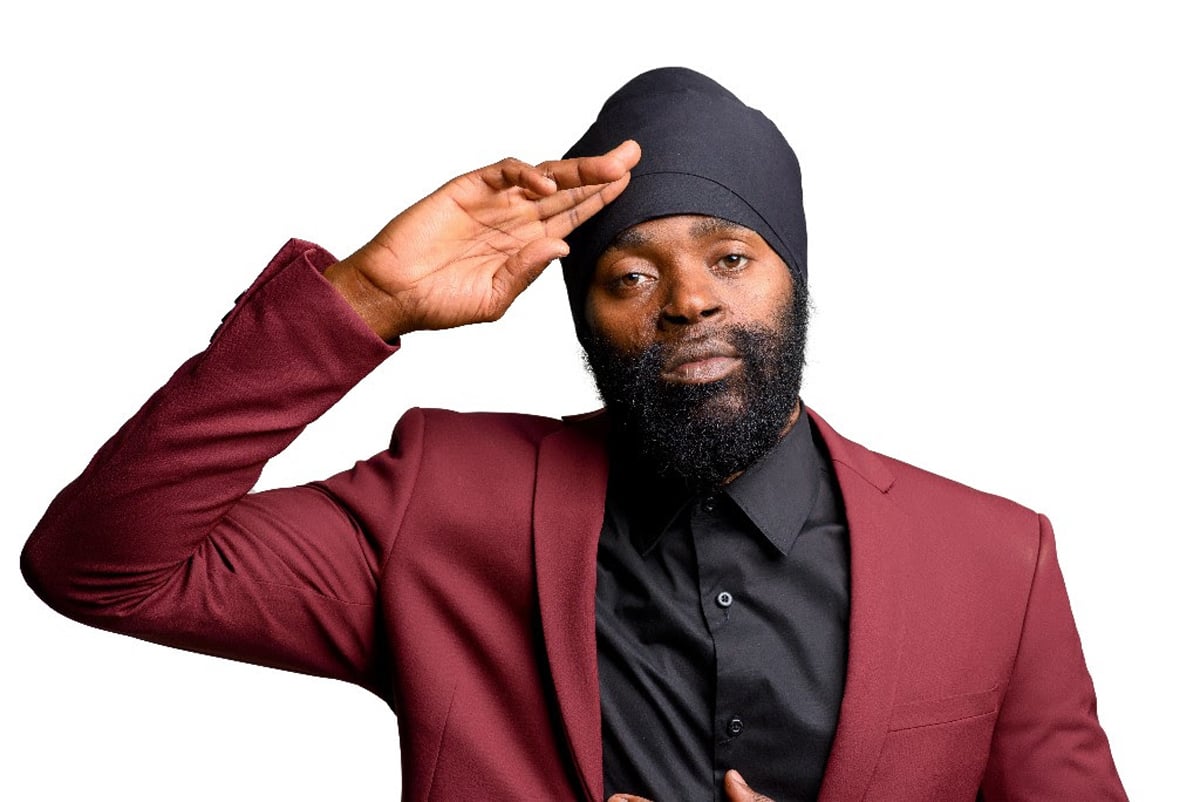Bugle Says There Should Be ‘No Comparison’ Between Dancehall And Afrobeats Song Sales

Recording artist Bugle says there should be no comparison between sales of Dancehall songs and Afrobeats, as the African genre has a continental marketplace of hundreds of millions, in comparison to Jamaica’s three million.
“It hard fi meck even dah kinda comparison deh. Cause when yuh look pan di amount a people weh subscribe to Afrobeat music, is a continent yuh nuh (compared) to a country with three million people. How do you make that comparison?” Bugle said in a Zip FM interview.
“Dem automatically a guh drop a song weh a guh sell diamond and gold, an a go guh inna di Billboard and everything, based on di amount a people weh a subscribe to Afrobeat music, instantly,” the Nuh Compatible artist continued.
Bugle, whose latest song is Fully Bright , added: “So, (of) three million people deh a Jamaica; 300,000 people a subscribe to our music. Which part dat a guh teck wi guh? Suh we haffi wait pan di outer world fi our music actually reach someweh.”
“Suh di comparison is really and truly unfair; inna my book, it unfair. If Dancehall music was seh, from a place like Canada with so much people, as soon as yuh drop a Dancehall song, it would bigga dan every odda song inna di world.”
https://www.instagram.com/p/CnSrAfeuy5x/
In November last year, producer and songwriter Nigel Staff pointed out that the Jamaican music industry had erred in not capitalizing on the Caribbean region as its own key music marketplace, where many singers and deejays could easily sell gold or platinum.
While speaking in an interview with broadcaster Nikki Z on The Bridge 99FM, the Ruff Kut keyboardist said that the 44 million-strong Caribbean population, as a market for buying music, was largely untapped by Jamaican musicians.
He said that instead of targeting the Caribbean, the Jamaicans had opted to focus their energies on the United States, where their music has been in constant competition with a plethora of other music genres.
“I think we’ve never created a marketplace for ourselves. So in the Caribbean, we could be selling millions of records and certifying ourselves, genuinely platinum on any format, whether its streams or vinyl or CDs. We’ve never done that. What we’ve done was to tap into another culture or country’s marketplace which is the US; which is the UK,” Staff had said.
Full Hundred deejay Mr. Lexx had also broached the issue of Jamaicans not buying the digital music of their favorite Dancehall and Reggae artists, in January last year.
His concerns had come following questions raised by musicologist Kurt Riley weeks prior, regarding the fact that Dancehall and Reggae artists with millions of followers on Instagram and elsewhere on social media, had not even been able to sell even 10,000 copies of their releases, which cost only an average of US$1.29 (J$200) on iTunes.
Lexx had said he was yearning for the day when even one-tenth of Jamaica’s population of 2.7 million, starts purchasing digital music, as low music sales were hindering many Jamaican artists from climbing atop the coveted Billboard Reggae Albums chart, and making the Billboard Hot 100 as they used to do in the 1990s.
Riley, who is also a music producer, had rued the fact that while artists were celebrating what they considered high YouTube views, these streams were not commensurate with sales.
He had questioned why Jamaican artists were unable to even sell 100,000 copies of their records in their home countries, since the process was a simple online download.
However, another reason for low sales of music was posited by Renaissance’s selector/producer Delano, in a March 2016 Gleaner interview.
At the time Delano said that Jamaicans who are hardcore fans of Reggae and authentic Dancehall music, were not highly interested in digital music, but prefer vinyl, because Jamaican music requires heavy sounds, which, it is said is a “feature which is not best transmitted digitally”.
Delano had said, among other things, that while he was not being dismissive or implying that digital music should be abandoned, he was encouraging Jamaican artists to make their records available in vinyl format “if they want to see profit from their work.”
“When you play a vinyl record, you get the sound as close to the wave format as possible and it sounds better. And for old-school DJs like me, playing a vinyl feels better… We still have to do digital, but we have to figure out a way to get some of our music on vinyl. So make the right links and get some vinyl distribution,” he had explained.
Leslie Cooney, of US-based record label, Delicious Vinyl had also told The Gleaner that if contemporary Jamaican artists create good music and direct some of their focus to vinyl distribution, they would “see improved sales” and could “outsell digital downloads” if they put out a good vinyl.
https://www.instagram.com/p/CnSrDZRBHEf/
